Expanding your commercial kitchen is no small feat. Whether you’re looking to improve the utilization of your current kitchen or increase your service capacity, there are many factors for restaurant owners and managers to consider when planning for commercial kitchen expansion. The last thing you want is to get to the end of the project and feel like you wasted money because the expansion didn’t accurately address your needs.
As one of
Tennessee’s leading commercial kitchen equipment service and parts providers, we’ve worked alongside numerous restaurants during their expansion process. We’ve learned a lot from these experiences. In this post, we wanted to share some of the best practices for expanding a commercial kitchen we’ve learned. Hopefully, it can help you develop an expansion plan that meets your restaurant’s specific needs.
What to Consider When Expanding Your Commercial Kitchen
Here are five factors that are important to consider when looking to expand your commercial kitchen:
1. What are your primary goals for expanding your kitchen?
Restaurant managers and owners considering a commercial kitchen expansion should start with a clear understanding of what they're hoping to accomplish with the remodel. Some goals might be obvious, such as “increasing our service capacity” or “improving outdated equipment.” But your expansion also gives you the opportunity to address factors such as creating a better work environment for staff and maximizing how you utilize space. Remodeling may also give you the physical space to improve other parts of your restaurant, including menu expansion and staffing additions.
2. How will you optimize your workflow during the expansion?
Proper workflow is critical for success in a commercial kitchen. The processes you have in place to store, prep, cook, and serve food can make a big impact on your efficiency, output, and customer satisfaction.
While your current workflow might run smoothly, it’s important to consider how your expansion will impact it. For example, how will the expansion impact your staff’s pathway for transporting ingredients from storage to prep areas? Are there any areas of possible cross-traffic that can be eliminated through an expansion?
3. How will you approach the expansion project?
One of the most challenging aspects of commercial kitchen expansion or remodeling is determining a plan that will cause the least amount of disruption to your business. It’s important for your entire staff to know how the expansion will impact their work and what adjustments they need to make.
If you need to shut down any part of your commercial kitchen during the remodel or expansion, make sure your process is well organized so that the temporary location is as functional as your original setup.
4. Does your expansion take new storage needs into consideration?
Being able to serve more customers won’t help much if you can’t store the additional food your cooks will need. If your expansion includes adding hot side equipment, you’ll want to make sure you have enough storage to stock the additional inventory you’ll use after the expansion. When you expand your physical space, don’t forget to include plans for additional shelving and storage. Keep everything within reach for quick and easy use to cut down on trips to the walk-in.
5. Could your restaurant benefit from new kitchen equipment as part of your expansion?
Remodeling and expanding your restaurant kitchen is also a natural time to consider if your kitchen equipment needs to be updated. An equipment audit or assessment by a commercial kitchen repair service can help you
prioritize which pieces to replace first. Replacement can also have an impact on your total operations cost. New, efficient equipment can lower utility bills and reduce the total carbon footprint of your restaurant.
Need Some Guidance For Your Commercial Kitchen Expansion?
Expanding your commercial kitchen is a huge feat that requires careful planning and coordination. As
an authorized service agent for over 123 manufacturers, our team is happy to answer any questions you might have about your hot side, cold side, or HVAC equipment. We also work closely with food service equipment dealers throughout the state that can assist you with the design and implementation needed to turn your vision into reality.
Contact us to help you keep your entire commercial kitchen running smoothly with our
planned maintenance,
equipment repair services,
food service chemicals, and
kitchen parts and supplies.
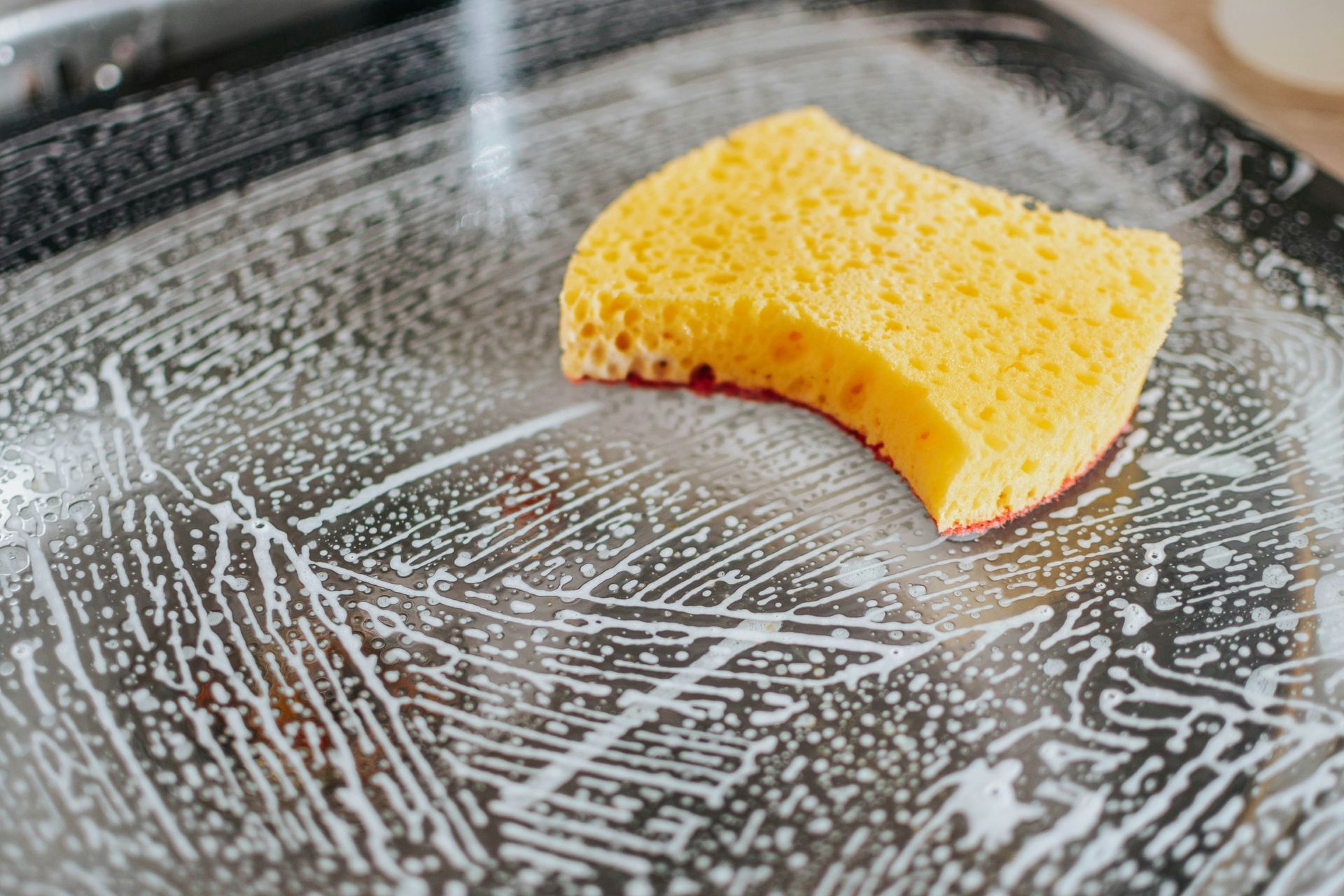


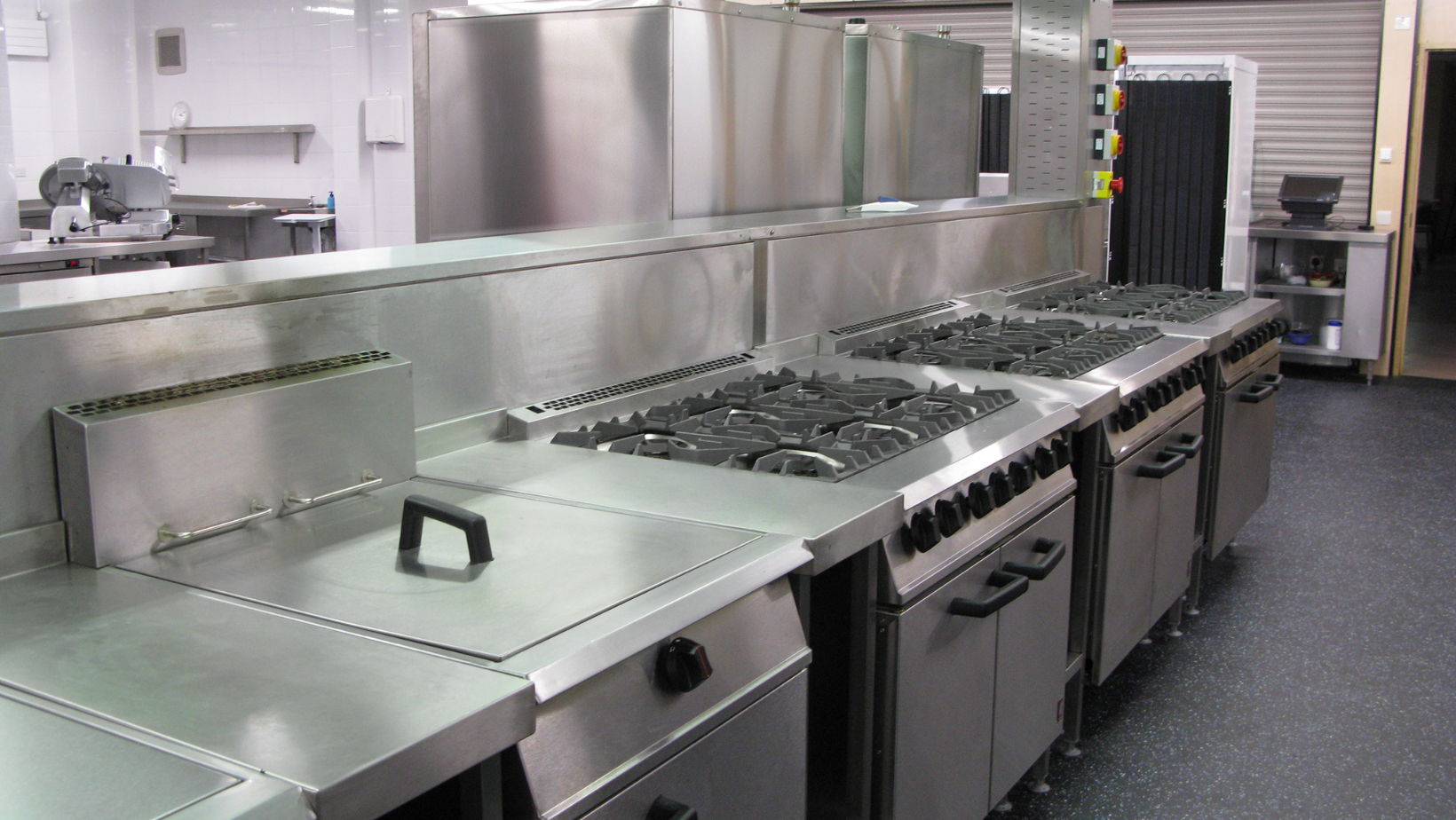
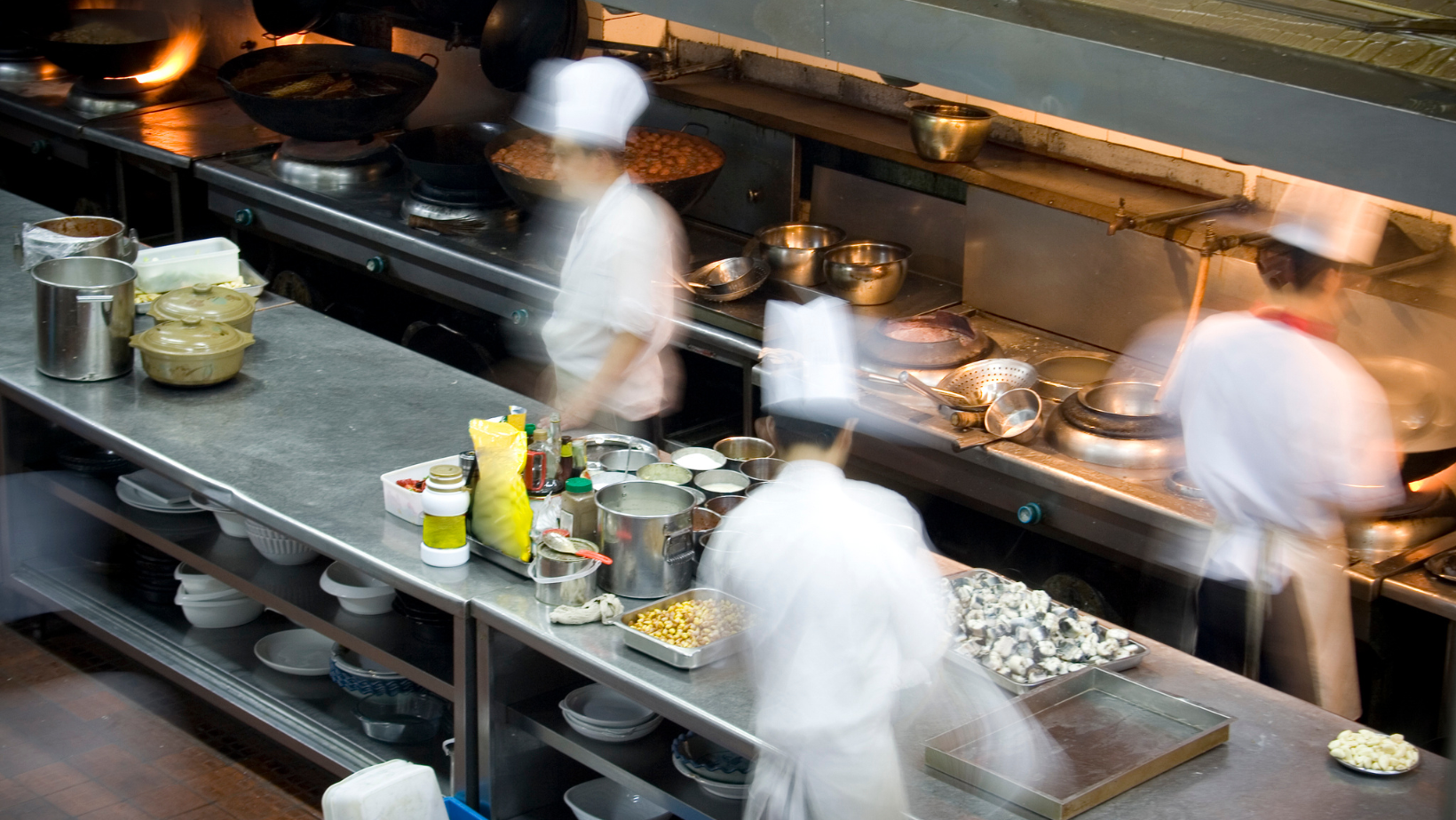

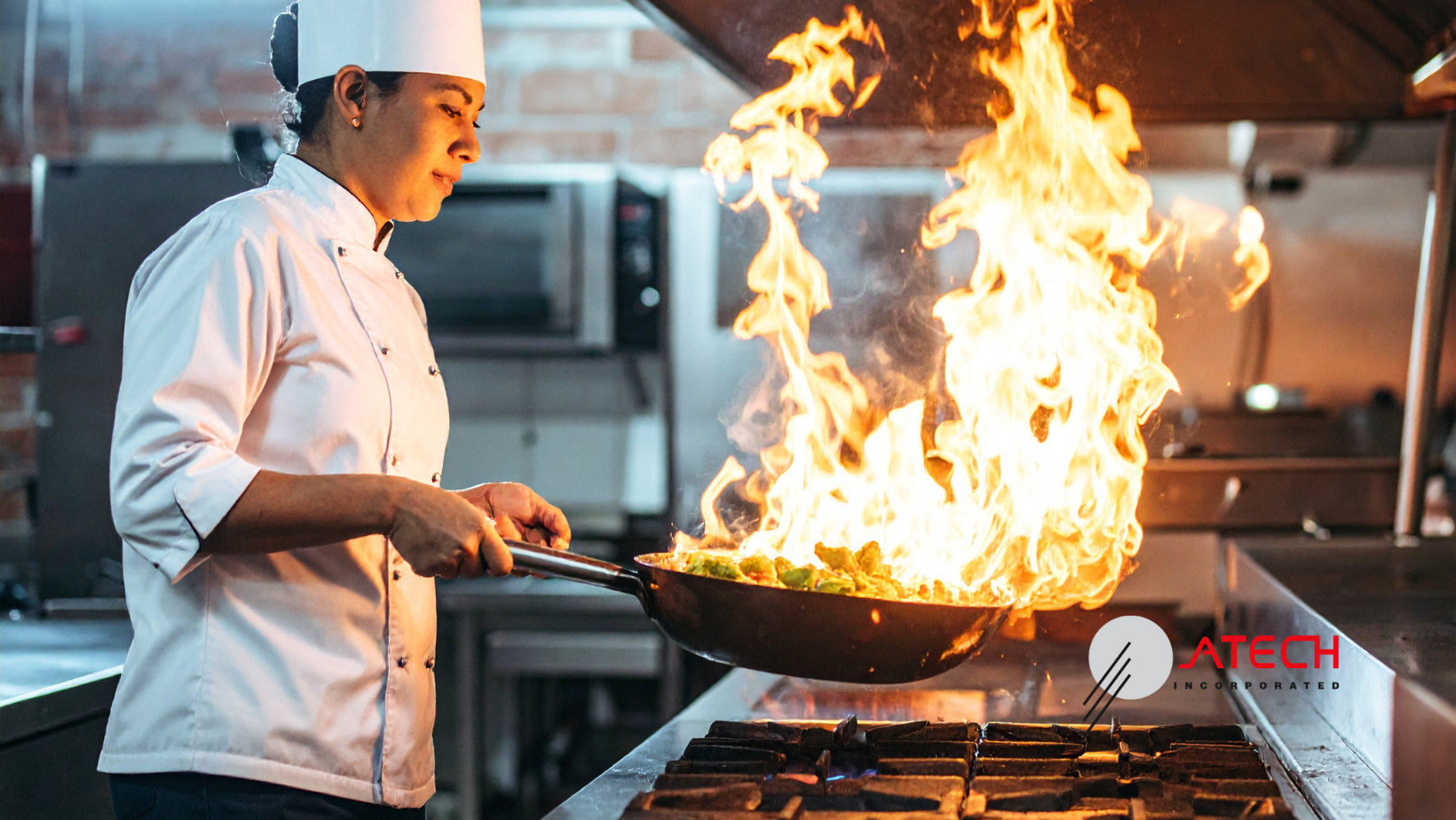


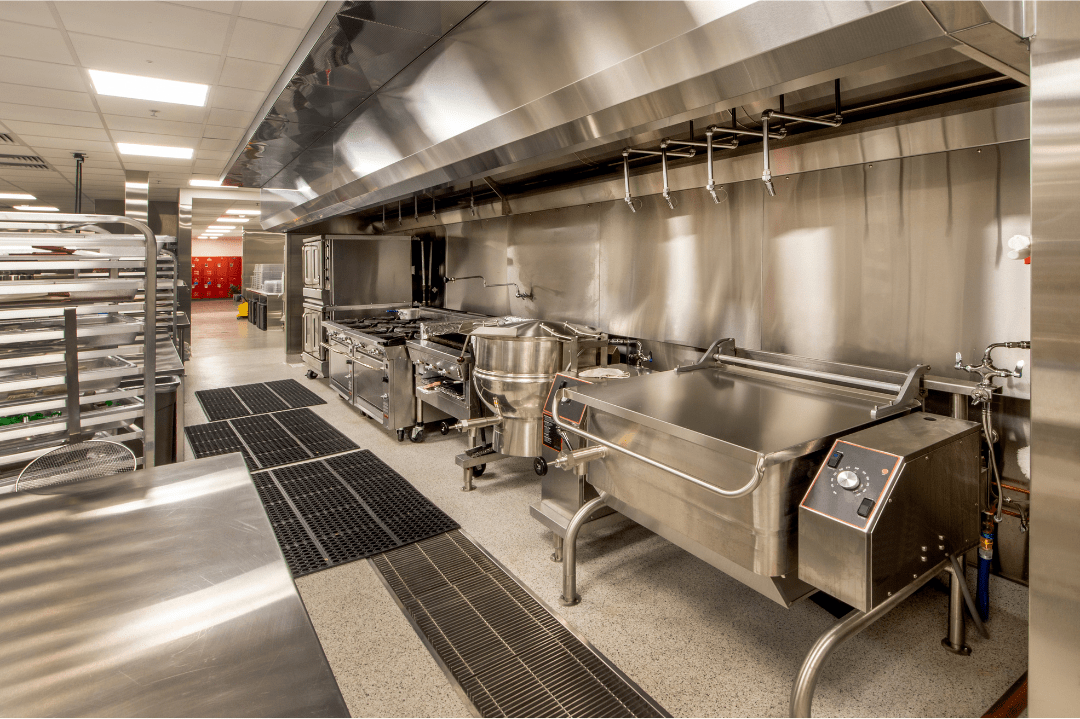
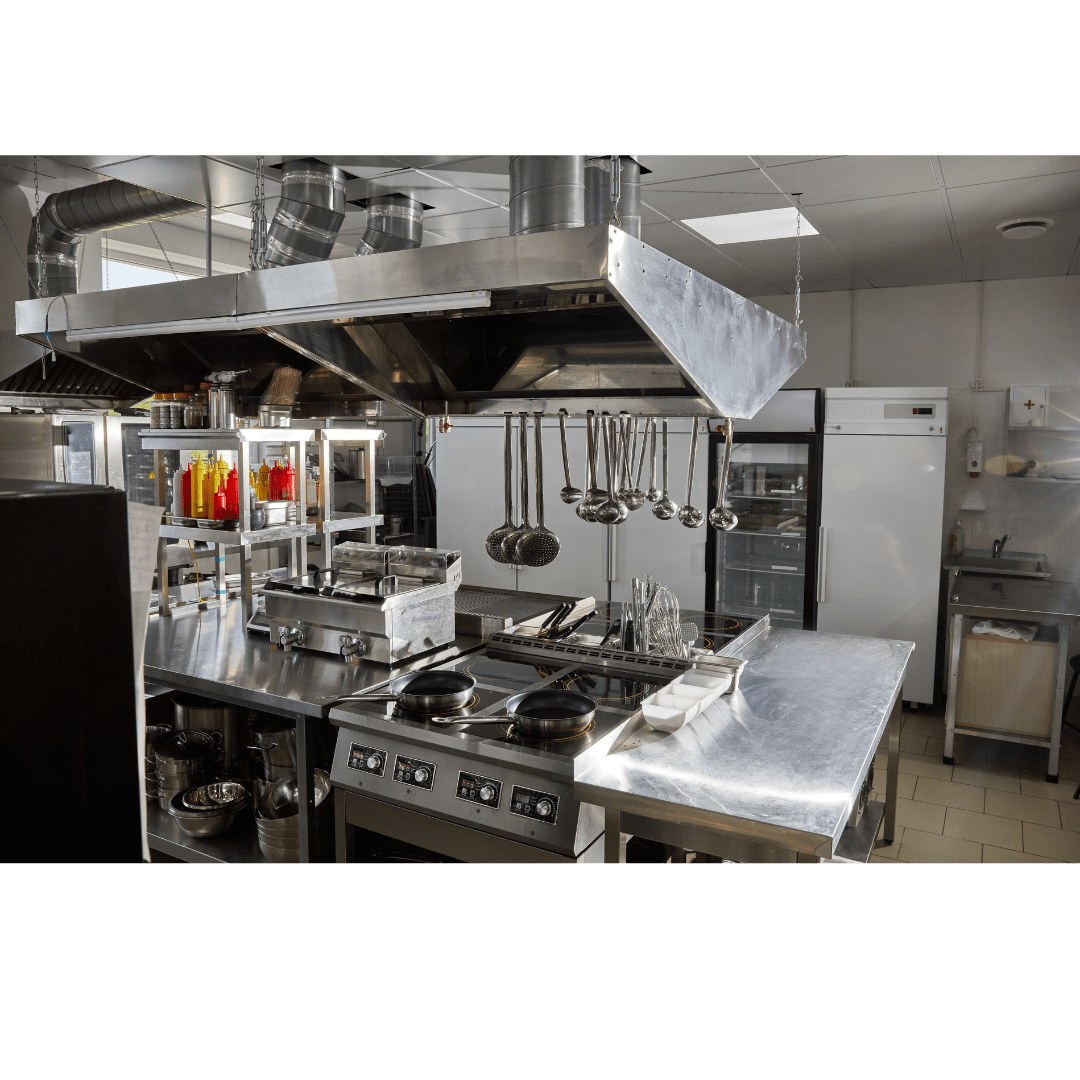
Share On: